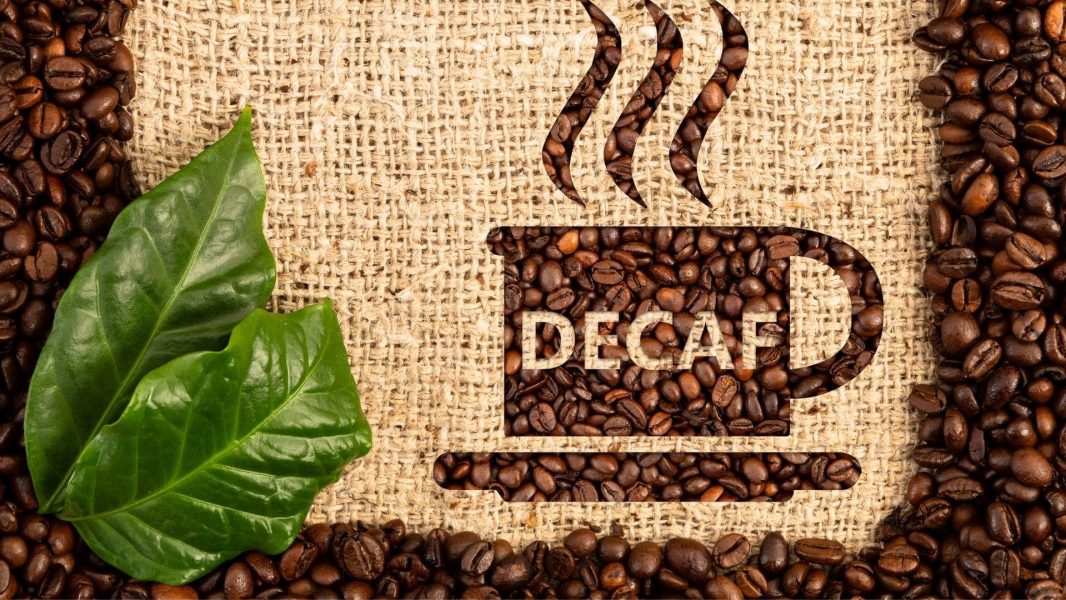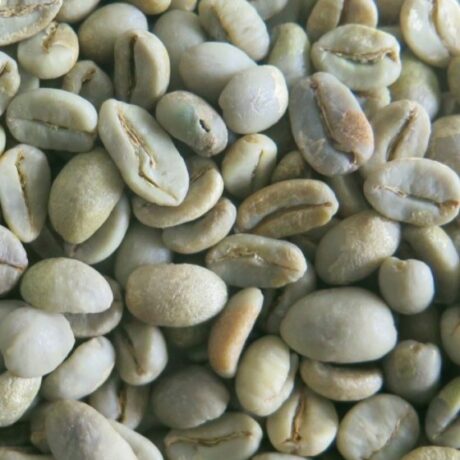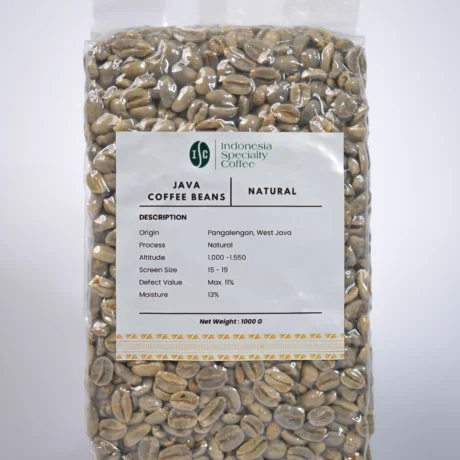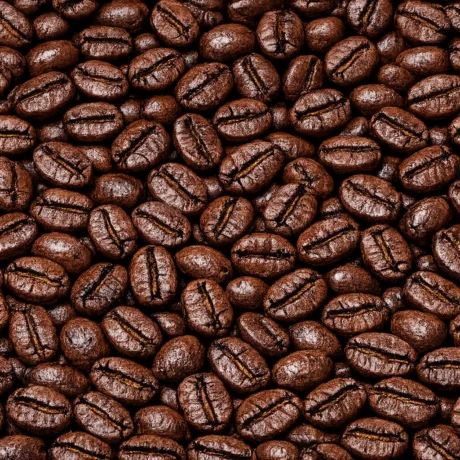It hit me on a Sunday morning. I reached for my usual third cup of coffee—and felt my heart race like I’d sprinted a mile. That was the moment I realized I had to cut back. But giving up coffee altogether? Not a chance. That’s when I discovered the world of decaf coffee—the comforting aroma, the rich flavor, and the buzz-free peace of mind. And it turns out I’m not alone. More people are making the same move to decaf these days; in fact, decaf coffee consumption has been quietly on the rise (even outpacing regular coffee’s growth in recent years).
If you’re like me—hooked on the ritual but trying to dodge the jitters—this guide is your wake-up call. In the next few minutes, we’ll dive into what decaf coffee really is, how it’s made, how much caffeine it contains, and whether it’s right for you.
Let’s bust myths, sip slowly, and savor every decaf drop.
What Exactly Is Decaf Coffee?
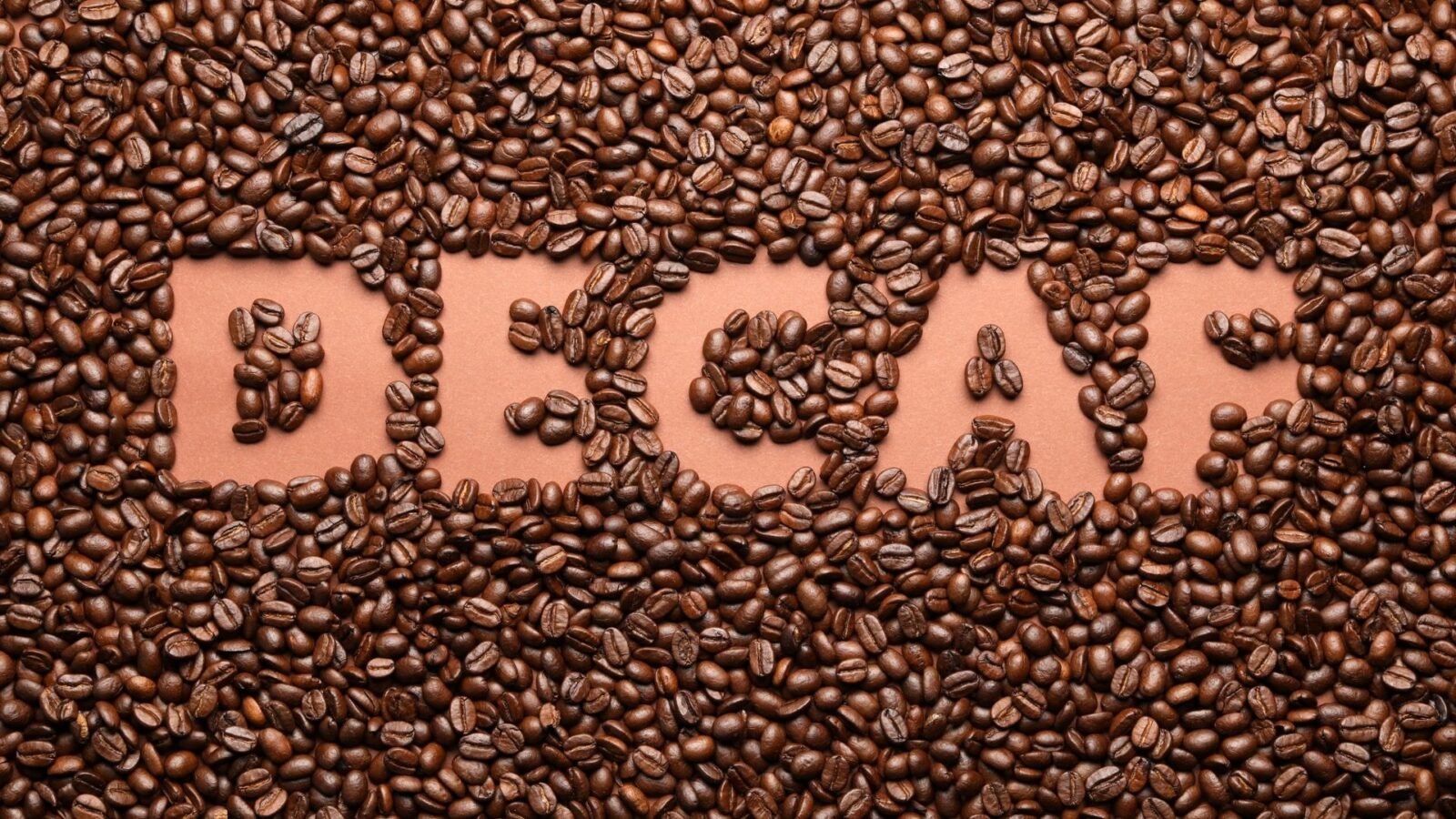
Think decaf means “no caffeine”? Not quite. Decaf is short for “decaffeinated”—which means most of the caffeine has been removed, not all. Even after processing, decaf coffee still contains about 1–3% of its original caffeine content. That may not sound like much, but depending on your health or sensitivity, it’s worth noting.
“It is almost impossible to remove all the caffeine from a coffee bean,” says experts in coffee science. In other words, there’s really no such thing as 100% caffeine-free coffee. The decaffeination process can’t remove every last molecule of caffeine.
Still, decaf is far gentler on the body—and a lifesaver for those who want to enjoy coffee without the side effects. You get all the taste and warmth of your favorite brew, minus the jolts and jitters.
How Is Decaf Coffee Made?
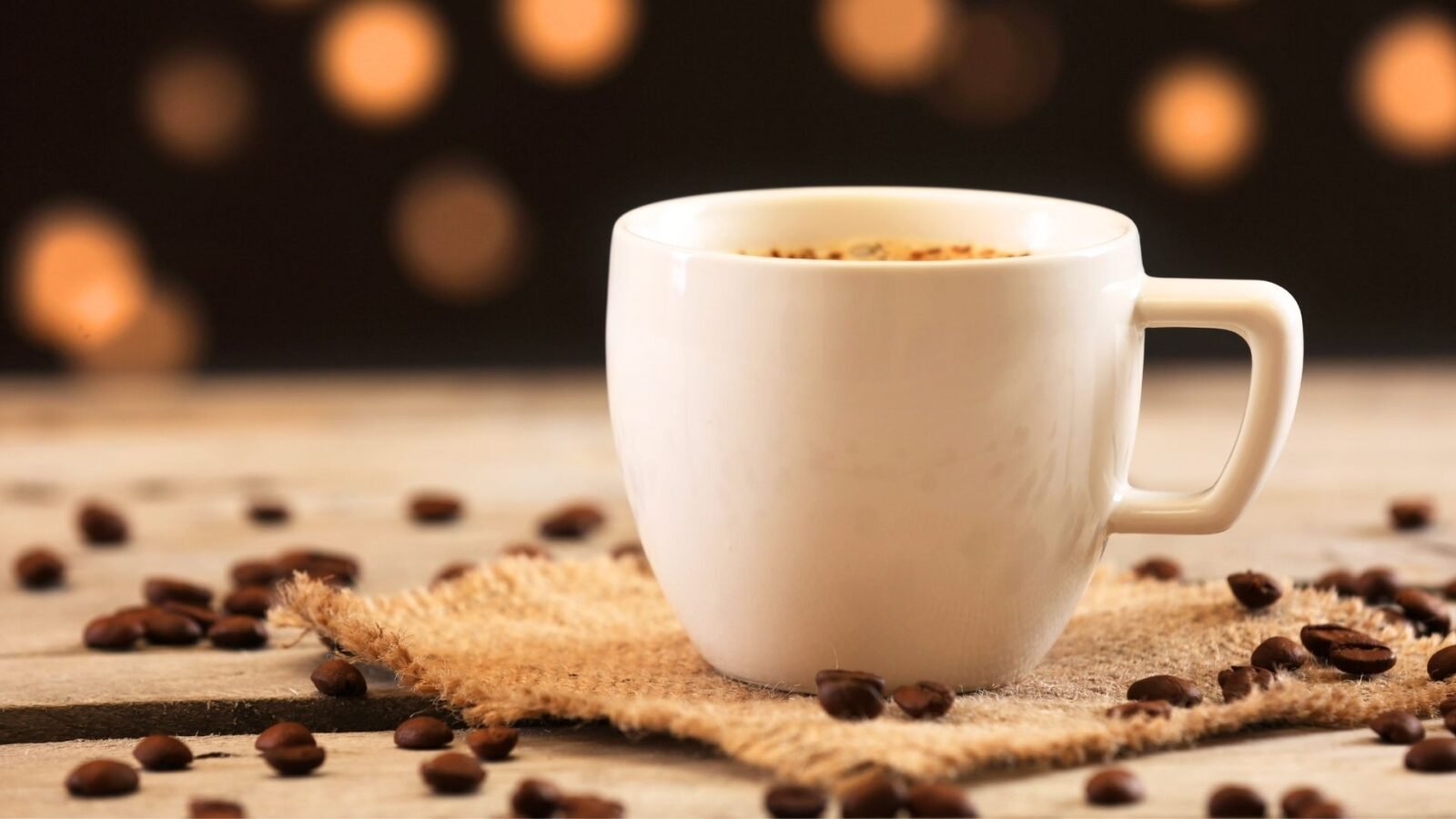
The decaffeination process starts with green coffee beans—just like regular coffee. But before they’re roasted, the beans go through one of several caffeine-removal methods. Here are the three most common ways coffee is decaffeinated:
- Solvent-Based Method: This traditional approach involves soaking beans in water and then using chemical solvents like methylene chloride or ethyl acetate to bind with the caffeine and strip it away. Don’t worry—these chemicals are removed before roasting, so they never make it into your cup.
- Swiss Water Process (Organic & Chemical-Free): Loved by purists, this method uses only water, heat, and osmosis to remove caffeine. The beans are soaked in hot water to dissolve caffeine and flavor compounds. The water (now caffeinated) is passed through a special carbon filter that traps caffeine molecules but lets flavor compounds through. The flavor-rich, caffeine-free water is then returned to soak new batches of beans, gently washing out their caffeine while preserving taste. It’s 99.9% effective and fully organic. If you care about a clean, chemical-free process, look for labels that say Swiss Water Decaf. (Fun fact: Check out how this patience-intensive method compares to other brewing techniques in our guide to brewing time for pour-over coffee.)
- Carbon Dioxide Process: This high-tech method uses pressurized CO₂ to selectively extract caffeine from beans. It’s a quick and efficient process that preserves more of the coffee’s aroma and flavor. This method is expensive, so it’s often reserved for premium decaf blends.
Each of these methods happens before roasting. By the time the beans are roasted and brewed for your cup, they’re 97–99% caffeine-free. You get a delicious coffee experience with only a fraction of the caffeine kick.
How Much Caffeine Is in Decaf Coffee, Really?

LLet’s break it down. A regular cup of coffee contains anywhere from about 70 mg to 140 mg of caffeine (for an 8-ounce cup). But with decaf? The caffeine is only a sliver of that:
Average Caffeine Content in Decaf Coffee: (per 8-ounce serving)
- Brewed decaf coffee: ~7 mg caffeine
- Instant decaf coffee: ~3–4 mg caffeine
- Decaf espresso (per shot): ~10–15 mg caffeine
Even major coffee chains have a bit of caffeine in their decaf drinks. Here are some estimated caffeine levels in popular coffee chains’ decaf brews:
| Brand | Small (12 oz) | Medium (16 oz) | Large (20–24 oz) |
|---|---|---|---|
| Starbucks | ~20 mg | ~25 mg | ~30 mg |
| Dunkin’ | ~7 mg | ~10 mg | ~15 mg |
| McDonald’s | ~8 mg | ~11 mg | ~14–18 mg |
As you can see, decaf isn’t completely zero-caffeine. If you down three large decaf coffees thinking you’re in the clear, that could still equal a small regular coffee in total caffeine. The caffeine can sneak up on you—especially if you drink several cups or opt for espresso-based decaf drinks (which typically have 10+ mg per shot). So, always check the label or ask your barista if you truly need to minimize caffeine. Knowledge is power, even when choosing your coffee! (For a deeper dive into how caffeine affects the body, don’t miss our breakdown on how much caffeine is in a cup of coffee.)
Who Should Be Drinking Decaf Coffee?
If you’re wondering whether decaf is for you, here’s who should seriously consider making the switch:
- People Sensitive to Caffeine: If a cup of joe tends to make you feel jittery, anxious, or keeps you up at night, decaf can offer all the comfort —minus the chaos.
- People with Certain Health Conditions: Those with ulcers, acid reflux, high blood pressure, or insomnia might find that regular coffee exacerbates their symptoms. Decaf is a gentler alternative that still delivers flavor and routine. (Curious about how caffeine interacts with the body? Check out our primer on how much caffeine is in a cup of coffee for more insight.)
- Late-Day Coffee Cravers: Want a cup of coffee in the evening, but fear insomnia? Decaf is your friend.
In short, decaf coffee is an ideal option for anyone who loves the taste and experience of coffee but could do without some of the physiological effects of caffeine. Coffee enjoyment should be on your terms.
Does Decaf Coffee Still Offer Health Benefits?
Yes! Decaf coffee isn’t just a cup of flavorless faux-coffee—it actually retains most of the beneficial compounds found in regular coffee. Those antioxidants help fight inflammation and oxidative stress in your body. In practical terms, decaf coffee may still contribute to benefits like a reduced risk of Type 2 diabetes, liver disease, heart disease, and even cognitive decline—much like a regular brew.
Plus, decaf is easier on your digestive system if regular coffee gives you heartburn. You can still get a gentle mood lift from the act of enjoying your coffee, and some studies suggest there could be mild memory or metabolism boosts from the nutrients and compounds in coffee—even without caffeine.
(Want to take your coffee health knowledge a step further? Explore the intriguing trend of fermented coffee beans — some say it’s a gut-friendly, healthy twist for your daily cup.)
Looking for the Best Decaf Beans?
Ready to fill your kitchen with the aroma of freshly brewed decaf? Picking quality beans is key. Here’s how to find the best decaf coffee beans for your taste:
- Try Indonesian Decaf Varieties: Many specialty roasters offer decaf versions of Sumatran and Javanese beans. (Need sourcing tips? Check our guide on where to buy green coffee beans.)
- Choose Specialty-Grade Beans: Look for specialty coffee labels or beans from reputable farms. Colombia, Ethiopia, and Sumatra produce excellent decaf beans.
- Freshness Matters: Coffee is best within weeks of roasting.
- Know the Decaf Process: Swiss Water or CO₂ are often best for flavor.
- Store Beans Properly: Use an airtight canister.
The Bottom Line: Is Decaf Worth It?
Absolutely. Whether you’re trying to reduce caffeine for health reasons, manage anxiety, get better sleep, or just avoid that mid-day crash, decaf coffee offers a comforting, flavorful alternative that fits your lifestyle. You don’t have to miss out on the social experience of coffee dates, the focused calm of a morning brew, or the decadent taste of a well-crafted cup.
It may not be 100% caffeine-free, but for most people, it’s close enough to deliver peace of mind.
Life’s too short to live without coffee—so drink it in the way that serves you best. Decaf isn’t “fake” coffee; it’s just coffee unzipped.
Final Sip
Next time you feel your heart race or your hands shake after that second espresso—pause. Take a deep breath. Decaf might just be the answer you’ve been looking for. And if you find a decaf roast that’s rich, smooth, and satisfying without the crash?
Isn’t that worth the switch?
👉 Ready to take your coffee journey further? Discover the art of perfect coffee measurements or explore Sumatra’s legendary coffee flavors to keep the inspiration brewing.

